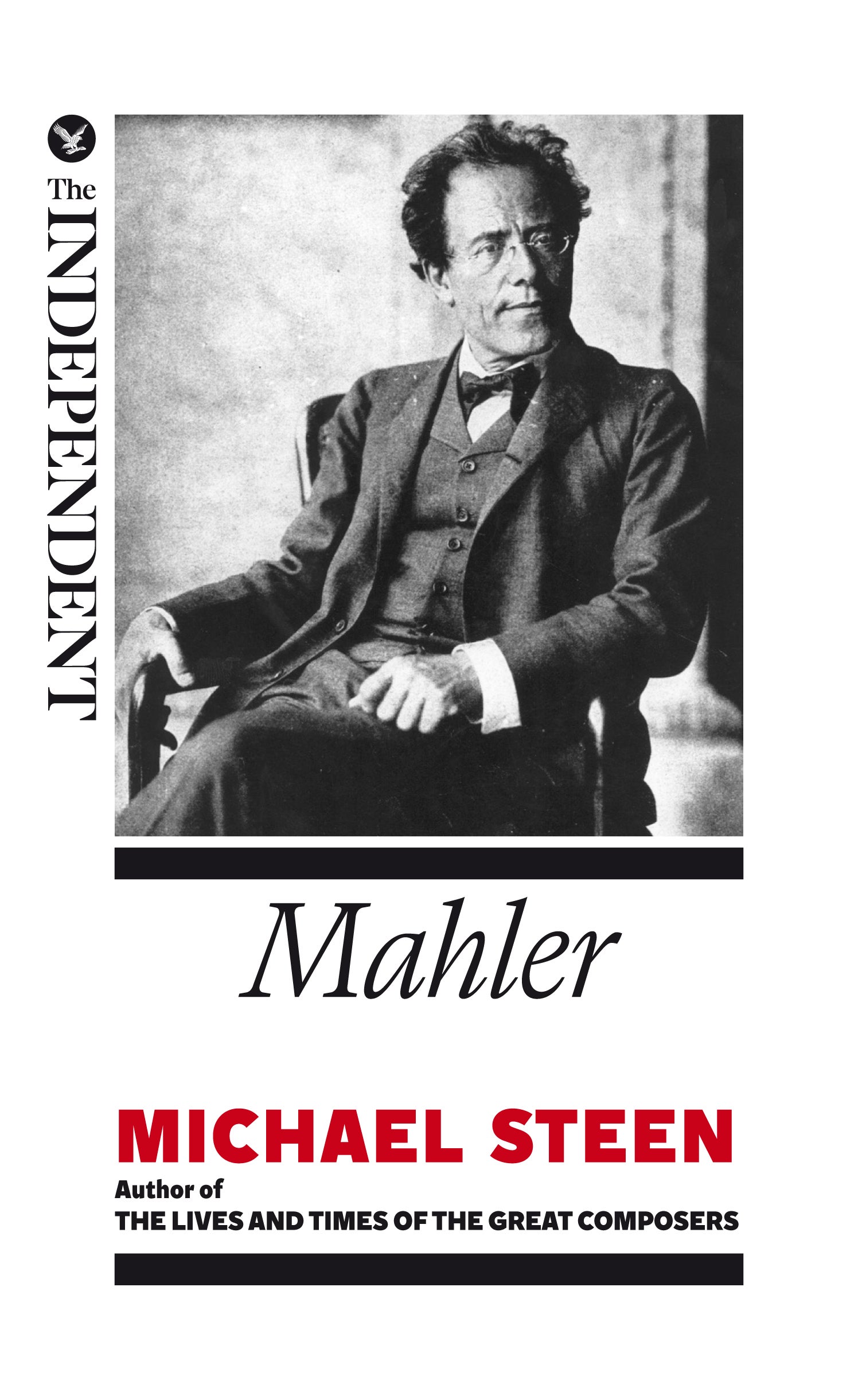Mahler
Part of The Independent’s new eBook series The Great Composers, covering fourteen of the giants of Western classical music

Your support helps us to tell the story
From reproductive rights to climate change to Big Tech, The Independent is on the ground when the story is developing. Whether it's investigating the financials of Elon Musk's pro-Trump PAC or producing our latest documentary, 'The A Word', which shines a light on the American women fighting for reproductive rights, we know how important it is to parse out the facts from the messaging.
At such a critical moment in US history, we need reporters on the ground. Your donation allows us to keep sending journalists to speak to both sides of the story.
The Independent is trusted by Americans across the entire political spectrum. And unlike many other quality news outlets, we choose not to lock Americans out of our reporting and analysis with paywalls. We believe quality journalism should be available to everyone, paid for by those who can afford it.
Your support makes all the difference.
Extracted from Michael Steen’s book The Lives and Times of the Great Composers, these concise guides, selected by The Independent’s editorial team, explore the lives of composers as diverse as Mozart and Puccini, reaching from Bach to Brahms, set against the social, historical and political forces which affected them, to give a rounded portrait of what it was like to be alive and working as a musician at that time.
Mahler's brilliance as a conductor has never been in doubt. Tyrannical and difficult, he immeasurably improved standards of musical performance, and was partly responsible for revolutionising how operas are presented. But it is only relatively recently that his genius as a composer has come to the fore. His epic symphonies and the song symphony Das Lied von der Erde only really began to be enthusiastically appreciated after the Second World War, by audiences who could relate to the complicated and angst-ridden world they evoke.
Michael Steen traces the twists and turns of Mahler's life, lived out in the decaying Habsburg Empire with its constant rumbles of anti-Semitism. After a hard childhood, Mahler went to study in Vienna. Despite the disadvantage of his Jewish birth, he eventually secured top conducting positions, first in Hamburg, then in Vienna and New York. In the spare time of the career of a conductor as great and extensive as Toscanini himself, he succeeded in composing ten symphonies of immense range and reach. He also had an exceptional number of successful love affairs, although his marriage to Alma Schindler, ‘the most beautiful girl in Vienna’, and nearly twenty years younger than him, did not work out well. His struggles during the great years at the Imperial Opera, the climax of his conducting achievement, were compounded by the anti-Semitism prevalent in the prosperous, but superficial, fin-de-siècle Vienna.
£0.99
Join our commenting forum
Join thought-provoking conversations, follow other Independent readers and see their replies
Comments